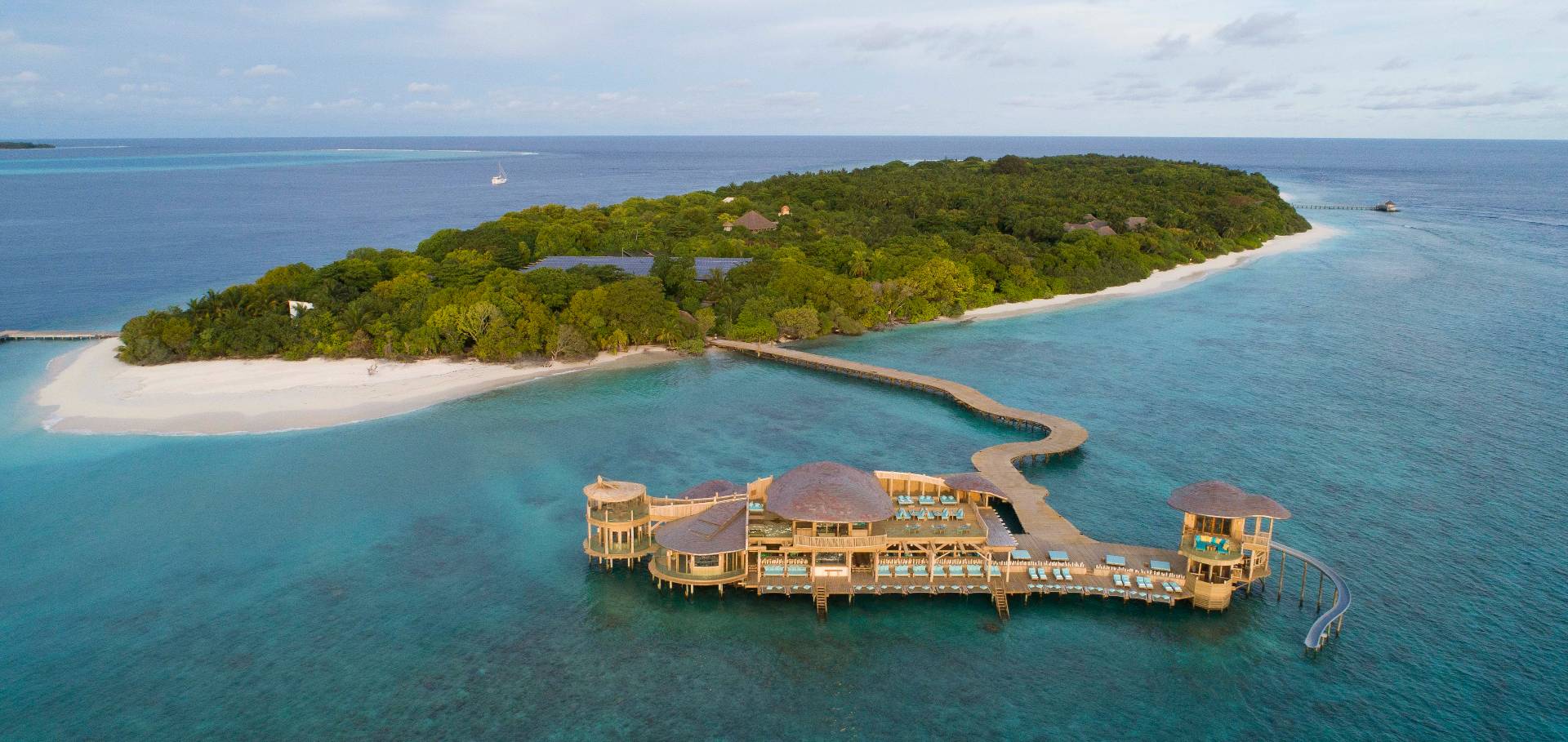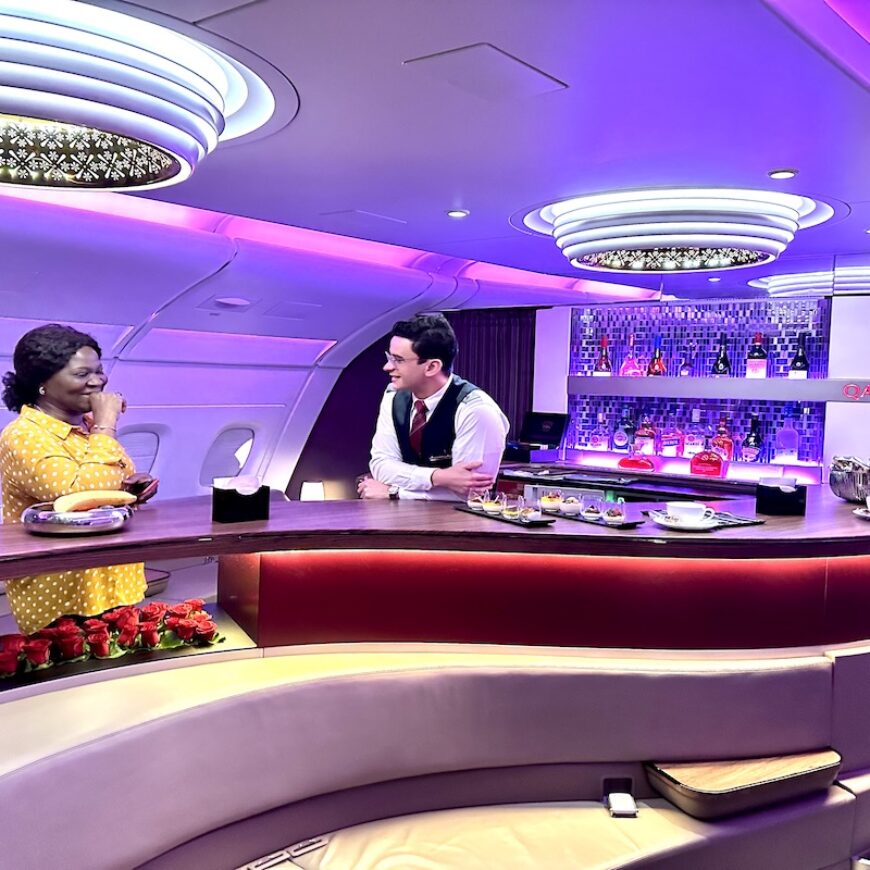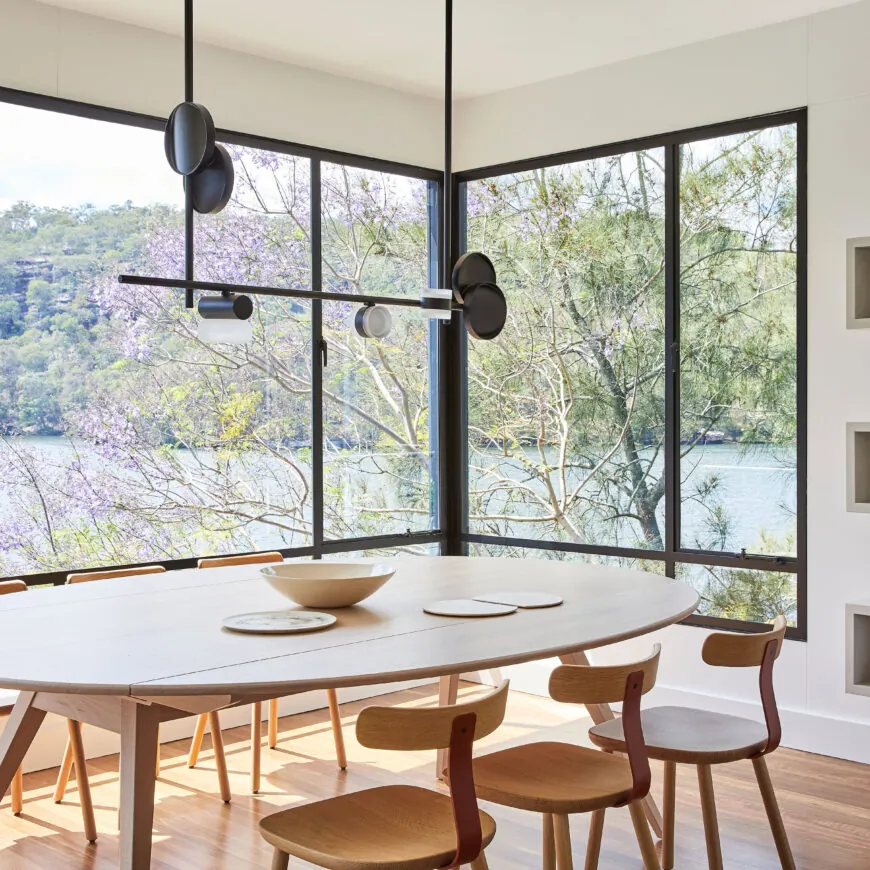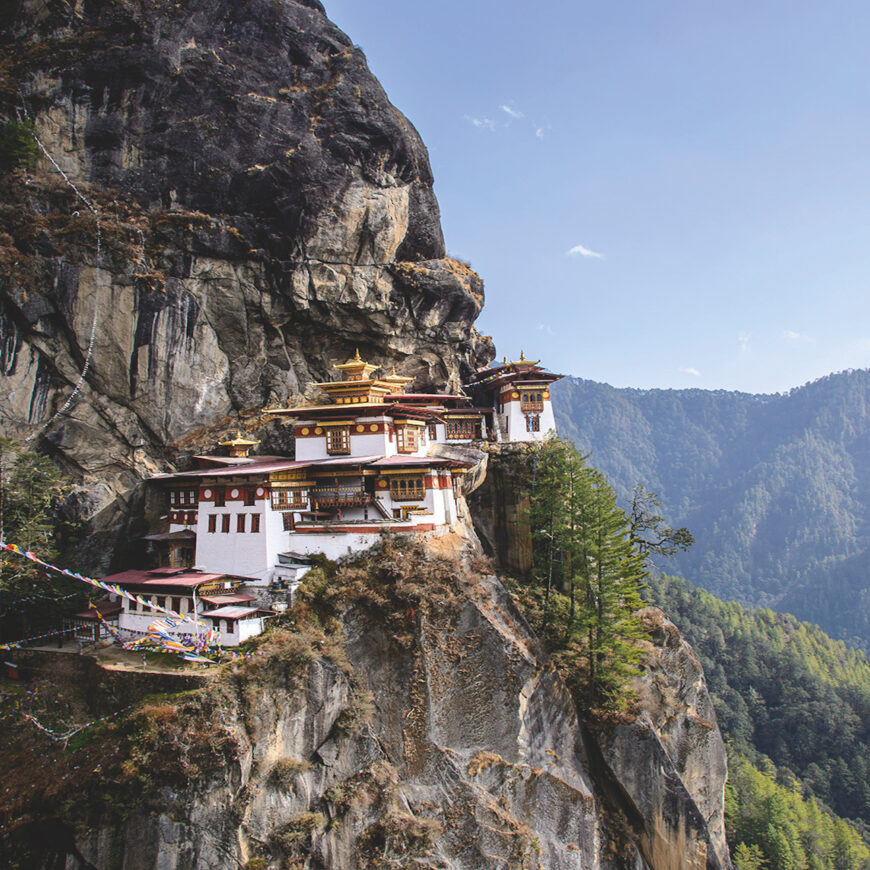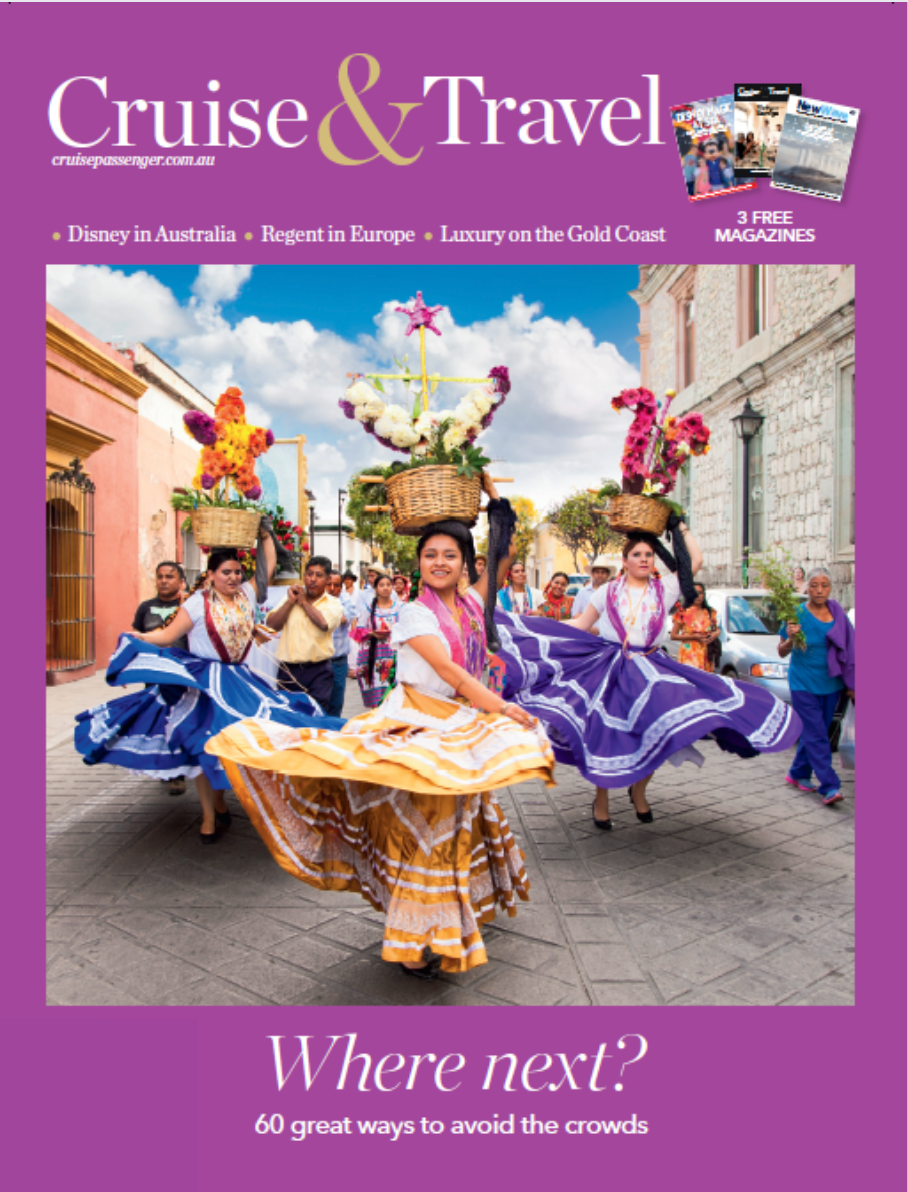There’s no need to give up high thread counts in exchange for smaller footprints.
Not every resident at the jungle-shrouded Rio Celeste Hideaway arrives clutching suitcases.
The human guests who cocoon inside the villas of this Costa Rican hotel share the property – 90 per cent of which is designated as a natural reserve – with hundreds of different animal species, including sloths, ocelots, monkeys and the endangered tapir.
Immersion in nature is not the only way that Rio Celeste Hideaway engages with its surroundings. The hotel also has close ties with local indigenous communities and encourages its guests to visit local villages and learn about the culture and way of life of the Maleku people.
Welcome to the new world of luxury sustainable hotels
As much of a priority as attentive service and high thread-count sheets, these sustainable hotels thrive in a world where travellers are increasingly concerned with their carbon footprint, and where holidays are increasingly about connecting with a place and the people who live there, luxury hoteliers are increasingly putting sustainability at the centre of their operations.
So great is the demand for sustainable luxury that Small Luxury Hotels of the World recently launched a dedicated portfolio, the Considerate Collection, to highlight its most sustainable properties.
The Considerate Collection, which already has more than 30 members and aims to increase that number to 50 by the end of 2022, defines sustainability as supporting the environment, community and culture. Its members must meet a range of standards set by the Global Sustainable Tourism Council and are subject to regular evaluations.
The Considerate Collection includes properties such as Dar Ahlam, a Moroccan retreat overlooking the Atlas Mountains. Powered by solar panels, Dar Ahlam’s design celebrates local traditions through its use of adobe, maboo and olive wood. The hotel allows guests to experience Berber culture through sunrise tea ceremonies in the Sahara and sleeping beneath the stars in a traditional tent.
Many resorts are now working closely with their local communities. At Soneva Fushi in the Maldives, guests are invited to visit the neighbouring island of Namoona, where Soneva is working with local communities to reduce and recycle.
Further down the African coast, Zuri Zanzibar, a coastal retreat that is part of Design Hotels, is also working with locals to improve waste management in the community. The hotel also supports the community economically, sourcing its bathroom amenities and beaded curtains from local social enterprises.
Over on the Thai Island of Kho Yao Noi, Cape Kudu hotel rewards guests and locals who volunteer to collect jetsam that has washed up on the beach with free drinks or ice creams. At the Mt Cook Lakeside Retreat on New Zealand’s South Island, in an area recently ravaged by bushfires, guests can plant a tree as part of the lodge’s native replanting scheme.
Australian sustainable accommodation
You don’t have to leave Australia to enjoy some sustainable luxury. Wilderness regeneration is a key priority for properties such as Emirates One & Only Wolgan Valley in the Blue Mountains outside Sydney – the only resort in this country to achieve carbon-neutral status – and Arkaba Conservancy in South Australia’s Flinders Ranges.
Unsurprisingly, the sustainable luxury movement has largely been driven by properties in more remote locations, places that celebrate the natural world that envelops them. However, urban properties are also stepping up. Some urban hotels are literally building sustainability into the fabric of their buildings.
Singapore’s Oasia Hotel Downtown, housed in a high-rise hotel and office complex, has much of its 27-storey façade covered with 21 different species of climbing vines – making it the closest you can come to a wilderness experience in the heart of a bustling city.
The innovative design by WOHA Architects features open-sided gardens that eliminate the need for artificial air conditioning. The carbon impacts are impressive: the building supports 10 times as much greenery as the park that previously stood on the site.
The shift to sustainable luxury is not limited to hotels. Cruise companies are also getting on board. Oceania Cruises has launched 150 shore excursions under its Go Green banner, which include everything from a naturalist-led hike through Vietnam’s Bach Ma National Park to sampling zero-emission rum in the world’s only carbon-free distillery in Dartmouth, United Kingdom.
Guests aboard Regent Seven Seas Cruises can also sign up for a range of Eco Connect excursions focused on sustainable local businesses, including a sloth rehabilitation sanctuary in Costa Rica.

